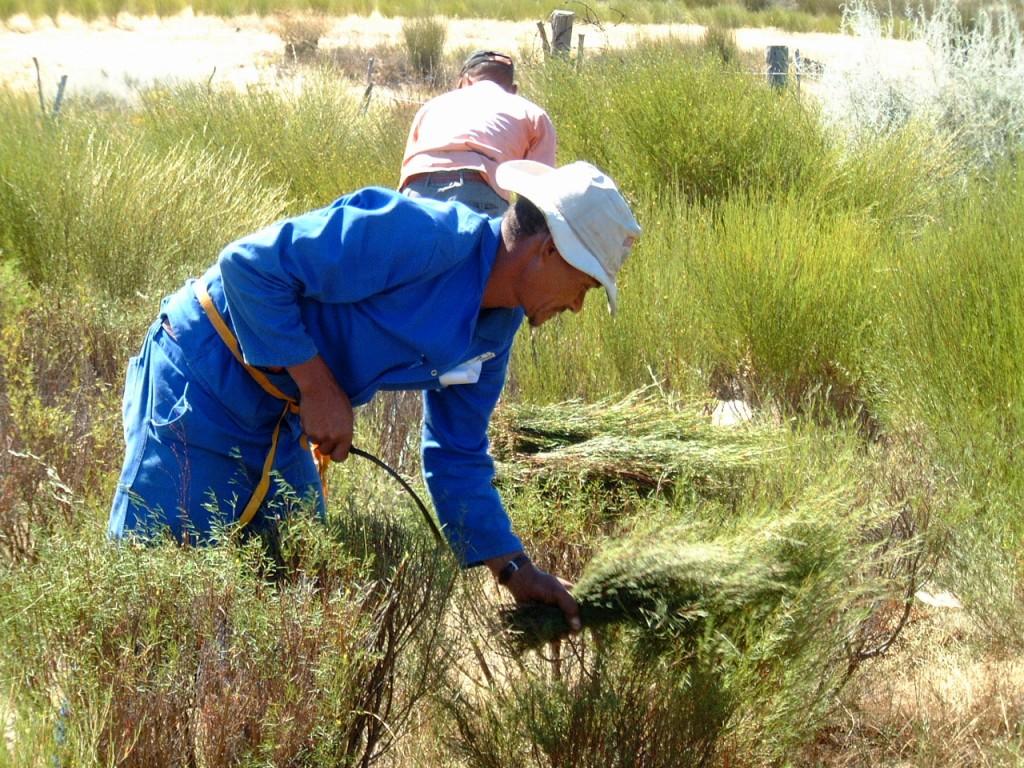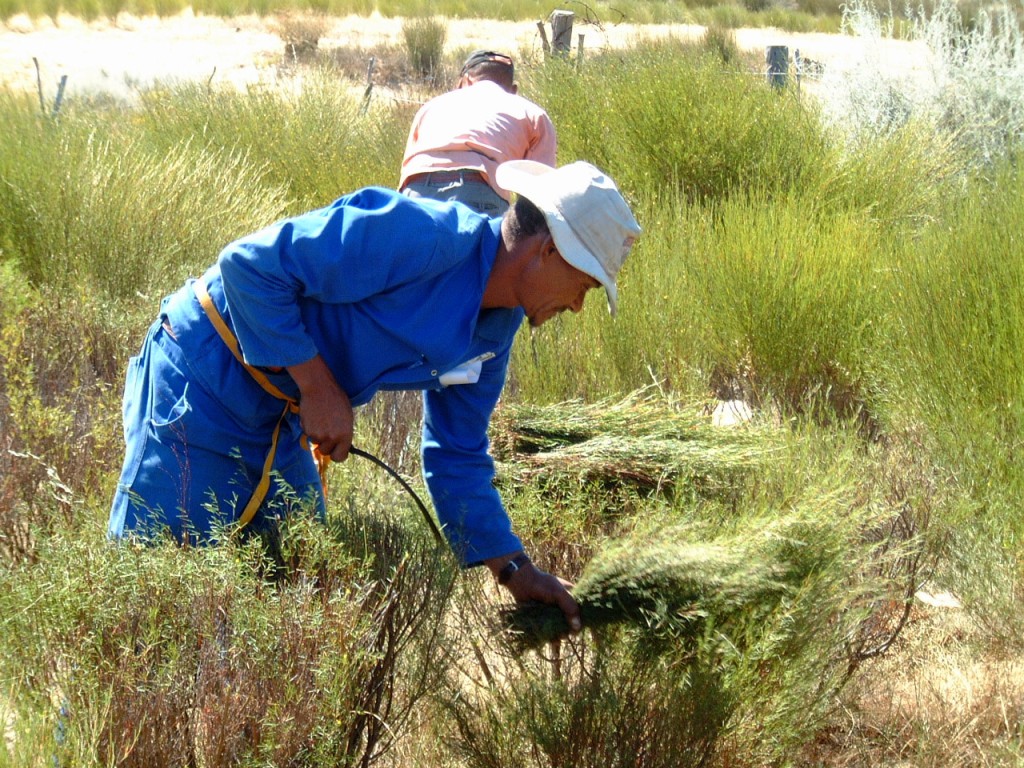Voices for BioJustice - New Project Launched

The Bio-economy SARChI Chair, Associate Professor Rachel Wynberg, is one of the leaders of a newly initiated project - Voices for BioJustice: Establishing a Community of Practice on Equitable and Sustainable Biodiversity Use and Commercialisation.
This three-year project on access and benefit sharing (ABS) has been launched with the support of the Darwin Initiative of the UK Government’s Department for Development, Food and Rural Affairs and The Christensen Fund. The project aims to develop a Community of Practice around ABS to provide advice, act as a conduit for voices currently under-represented in ABS policy processes, and develop conceptual and practical tools to help governments, researchers, and local communities deal with challenges and more effectively engage with ABS. The goal is to make the use and commercialisation of biodiversity more equitable and sustainable.
Although the work is of global relevance, the approach is grounded in case studies from South Africa, Namibia, Cameroon, and elsewhere. These are all biologically and culturally diverse regions that illustrate differing social, economic, commercial, cultural and ecological aspects of ABS and the wider policy framework that impacts equity and conservation in the use of genetic and biological resources.
The Community of Practice has three parts, focused on
(1) Bringing the voices and experiences of local groups into policy-making
(2) Developing practical ABS resources and tools
(3) Deepening the dialogue
Envisaged outputs include videos, webinars, policy and information briefs, research reports and journal articles. A wide-ranging resource group will be established and drawn upon to provide trouble-shooting, advice and resources, also serving to deepen the dialogue within the ABS professional community.
A range of universities and NGOs are responsible for implementing the project, led by the Bio-economy Chair at the University of Cape Town. Key project partners are People and Plants International (US); Forests, Resources and People (Cameroon); Integrated Rural Development and Nature Conservation (Namibia); Environmental Monitoring Group (South Africa) and Leeds University (UK).

Harvesting rooibos tea, Photo credit: Rachel Wynberg